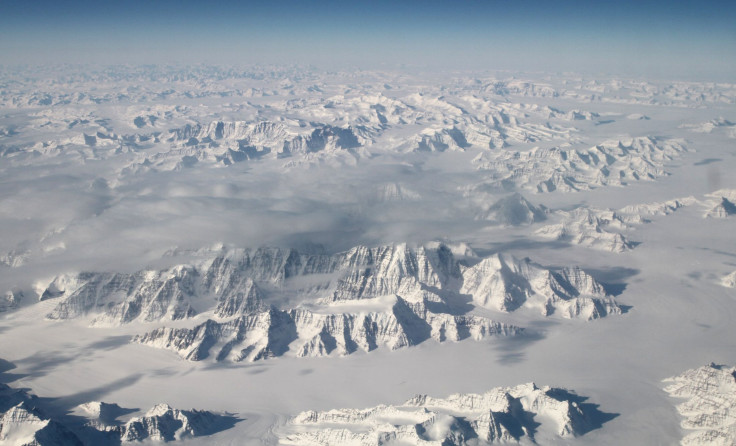NASA scientists confirm Earth is tilting the opposite direction; Climate change making Earth’s wobble shift

Global warming has yet another victim and this time, it’s our planet’s axis. According to NASA experts, the North Pole, that was drifting towards Canada for decades has changed its course and is now drifting towards the UK. There was a shift in the drift about 15 years ago. Now, it is drifting directly down the Greenwich Meridian. Climate change and global warming is shifting the way our Earth wobbles.
“This is the first time we have solid evidence that changes in land water distribution on a global scale also shift which direction the axis moves to. The recent shift from the 20th-century direction is very dramatic,” said Surendra Adhikari of NASA's Jet Propulsion Lab.
Earth’s spin is a constant thing in our lives. The spin causes day to become night and the process has been going on for millions of years. While the process will still be in place, melting ice has caused a drift in polar motion, which is the periodic drift and wobble of the poles. Polar motion is extremely important in understanding past and future climate and enables satellite communications and GPS calculations.
The changes in weight distribution of Earth are mainly due to the melting ice sheets in Greenland. According to Professor Jonathan Overpeck, a geosciences professor at the University of Arizona, the study shows how immense human’s impact can be on the planet. The study's co-author and NASA scientist Eirk Ivins has confirmed that since 2003, Greenland has lost more than 600 trillion pounds of ice a year on average.
He also pointed out, as East Antarctica gains around 165 trillion pounds of ice a year, and West Antarctica loses 275 trillion pounds of ice yearly, this makes Earth wobble tilt further. Although the shift in wobble is not harmful, it definitely is an interesting effect of climate change, states Jianli Chen, a senior research scientist at the University of Texas' Center for Space Research.
The study was published in the journal Science Advances on Friday.





















